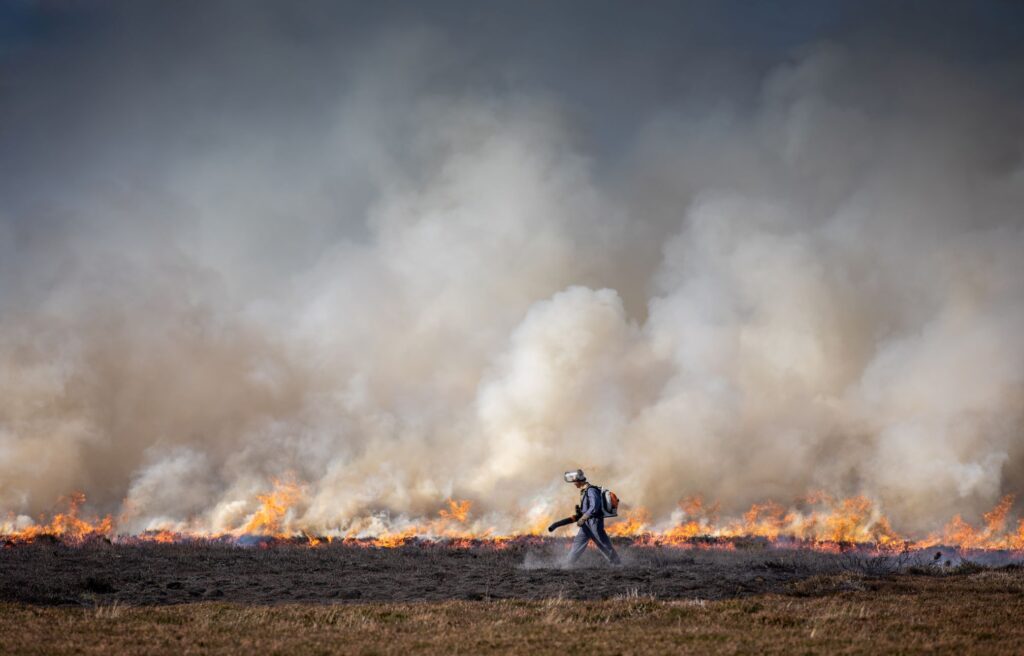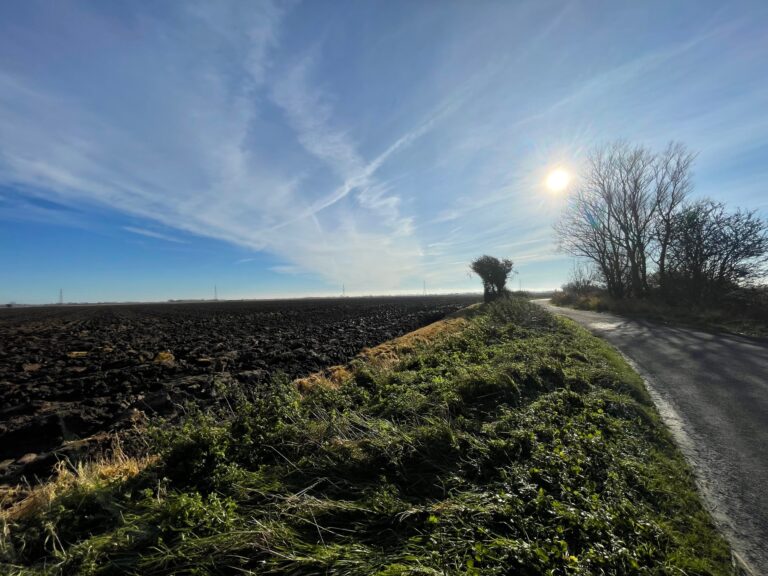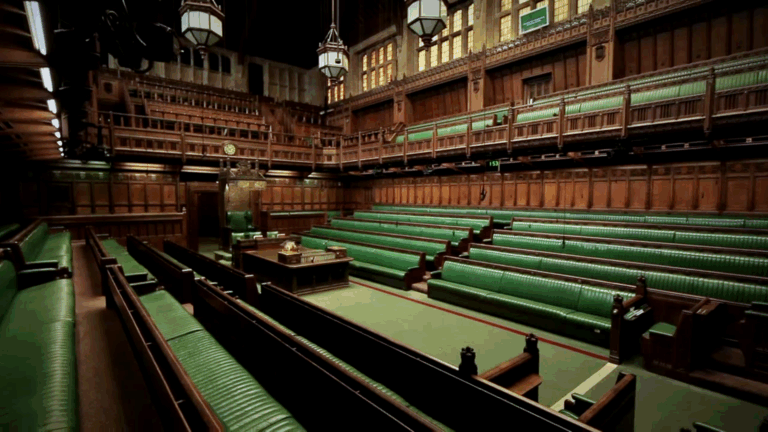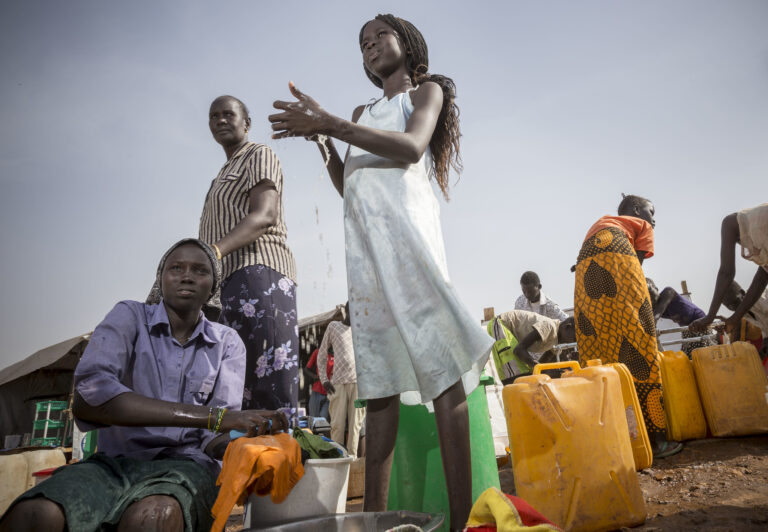Environmentalists around the world are highlighting the role that peatlands play in regulating the earth’s climate on World Peatlands Day today, while recently released mapping data shows that 80 per cent of England’s peatlands are dry and degraded.
The 80 per cent figure is undeniably stark, but experts have welcomed the publication of the open source map.
“What you can’t measure, you can’t manage,” said Jane Akerman, programme manager for the UK Peatland Programme. “It’s the best picture we’ve ever had of our peatland resource, which will help us prioritise areas for restoration.”
Peatlands are wetland areas with partially decayed plant matter – or peat – under the surface. The plants that grow on peatlands absorb CO2 through photosynthesis.




The waterlogged conditions means the plants do not fully decompose, trapping the carbon that would otherwise be released.
Centuries of draining peatlands to make the land suitable for agriculture, however, has left them dry.
“Per hectare, peatlands store more carbon than tropical rainforests,” said Jonathan Ritson, a research fellow at the University of Manchester who specialises in peatland ecology. “But if you drain that system, that’s carbon that’s going straight into the atmosphere.”
“Keep peatland in a healthy condition, it’s going to store a lot of carbon,” said Ritson, “but mess around with it, and we’re a bit screwed.”
In addition to storing carbon, healthy peatland can prevent flooding, filter water, and bolster biodiversity.
The Department for Environment, Food and Rural Affairs (DEFRA) collected the data for the map using a mix of local surveys, satellite imagery, and artificial intelligence.
DEFRA estimates that degraded peatland accounts for around 3 per cent of England’s annual greenhouse gas emissions.
The government has pledged to restore around 35,000 hectares of peatland in England by 2030. This new mapping data provides those involved with an effective communication tool.
“Visual representations are a much easier way to try and educate people,” said Akerman. “Just going, look, did you realise there’s peatland on your doorstep? Did you realise just how much of your country should be wetland? I think that’s really powerful.”




